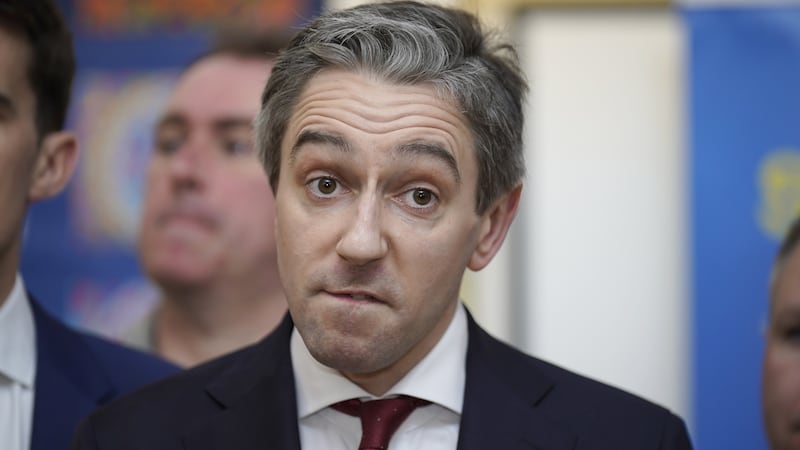AT the end of a week which has seen temperatures plummet, the prospect of a winter of industrial discontent and disruption looms large across a swathe of hard-pressed public services.
Postal workers yesterday began the first of six strikes before Christmas in a protest over pay, conditions and job security.
Talks with Royal Mail have broken down, with the company bringing last posting times forward amid reports of millions of letters piling up.
Union leaders have called for pay to keep pace with inflation, at a time when families are struggling with soaring bills for food, energy and other essentials.
Pay and working conditions are also at the heart of unrest in the health sector.
Tens of thousands of Unison and Nipsa members have finished a week of action short of strike, which saw staff only work their contracted hours.
A full strike is scheduled on Monday, while the Royal College of Nursing is also planning its first ever UK-wide walk-out on Thursday.
Stormont's Department of Health announced this week that workers will receive a long-delayed wage rise in line with a UK-wide pay body's recommendations.
However, unions have said the minimum increase of £1,400 for staff and an additional 4.5 per cent for doctors and dentists is not enough at a time of inflation running at 11 per cent.
A huge budget deficit also means other public sector workers are facing real-terms cuts.
Teaching unions have already been involved in action over pay, and a senior trade unionist has today warned that further disruption is inevitable in the new year.
Owen Reidy, general secretary of the Irish Congress of Trade Unions, said there is an "unprecedented level of frustration and anger" among civil servants, health workers and council employees and there "probably isn't a single public servant in Northern Ireland that isn't considering industrial action".
Having shown such commitment throughout the Covid pandemic, there will be considerable public sympathy for workers now facing pay awards well below the rate of inflation in the midst of a cost of living crisis.
And while the war in Ukraine is undoubtedly a factor in rising prices, strike action must be seen in the context of years of under-investment in public services and the dedicated staff who keep them going.
The last time health staff took to the streets it precipitated a return to Stormont by striking politicians.
With public services in a state of crisis, the restoration of a devolved government is now more important than ever.







